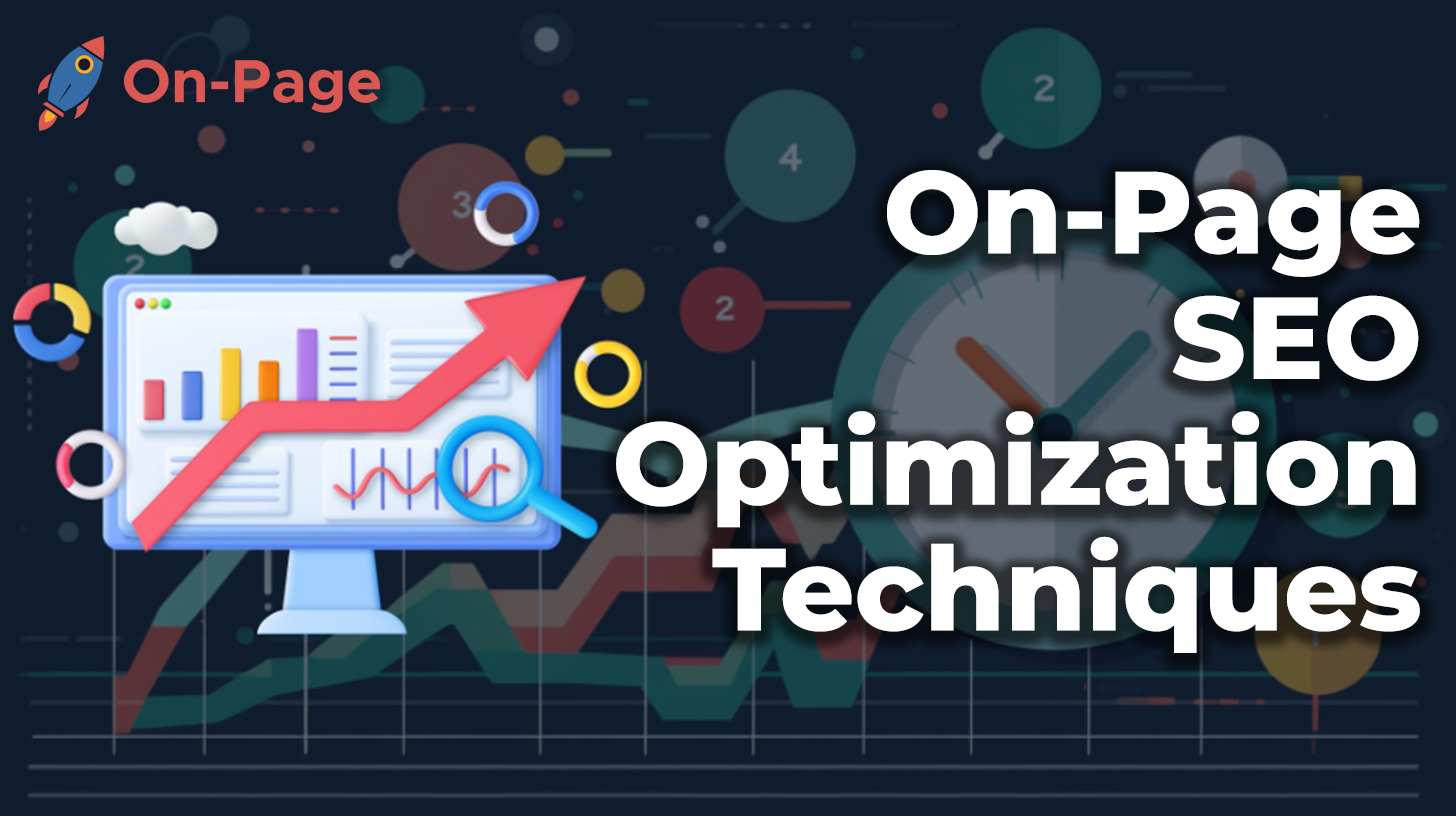 The Importance of SERP Analysis and How to Successfully Conduct It
The Importance of SERP Analysis and How to Successfully Conduct It
When it comes to search engine optimization (SEO), understanding the search engine results page (SERP) is crucial. A SERP analysis allows you to study the top pages for a specific keyword and uncover ranking opportunities. In this article, we will explore what a SERP analysis is and how you can conduct one effectively.
What is a SERP Analysis?
A SERP analysis involves examining the search engine results page for a particular keyword or query. It helps you understand the competition and identify areas where you can improve your website’s ranking. By analyzing the top-ranking pages, you can gain insights into the factors that contribute to their success and apply them to your own SEO strategy.
How to Conduct a SERP Analysis
Performing a SERP analysis requires a systematic approach. Here are the steps you can follow to conduct an effective analysis:
1. Identify Your Target Keyword
Start by identifying the keyword you want to analyze. It should be relevant to your website and align with your target audience’s search intent. Use keyword research tools to find keywords with a decent search volume and reasonable competition.
2. Search for Your Target Keyword
Enter your target keyword into a search engine and observe the results. Take note of the top-ranking pages and their characteristics. Look for patterns in the titles, meta descriptions, and URLs of these pages. This will give you an idea of the elements that search engines consider important for ranking.
3. Analyze the Top Pages
Click on the top-ranking pages and analyze their content. Look for common themes, topics, and subtopics. Pay attention to the length and structure of the content, as well as the use of multimedia elements such as images and videos. Identify the keywords they are targeting and how they are incorporated into the content.
4. Evaluate On-Page Optimization
Assess the on-page optimization of the top-ranking pages. Look for elements such as keyword usage in headings, title tags, and meta descriptions. Analyze the URL structure and the presence of internal and external links. Evaluate the page loading speed and mobile-friendliness. These factors contribute to a page’s overall SEO performance.
5. Study Backlink Profiles
Examine the backlink profiles of the top-ranking pages. Backlinks are an important ranking factor, so it’s crucial to understand the quality and quantity of links pointing to these pages. Look for opportunities to acquire similar high-quality backlinks for your own website.
6. Identify Content Gaps
Identify any content gaps that exist in the top-ranking pages. Look for topics or subtopics that are not adequately covered. This presents an opportunity for you to create comprehensive and valuable content that fills those gaps. Consider incorporating different formats such as infographics, case studies, or step-by-step guides to make your content more engaging.
7. Optimize Your Website
Based on your analysis, make improvements to your website. Optimize your content by incorporating relevant keywords, improving on-page elements, and enhancing the user experience. Focus on creating high-quality and valuable content that addresses the needs of your target audience.
Benefits of a SERP Analysis
A SERP analysis offers several benefits for your SEO strategy:
1. Competitor Insights
By analyzing the top-ranking pages, you gain insights into your competitors’ strategies. You can identify their strengths and weaknesses and use this information to your advantage.
2. Improved Ranking Opportunities
Studying the SERP allows you to identify ranking opportunities that you may have missed. By understanding the factors that contribute to a page’s success, you can optimize your website accordingly and improve your chances of ranking higher.
3. Enhanced User Experience
A SERP analysis helps you understand what users are looking for when they search for a specific keyword. By aligning your content with their needs and preferences, you can provide a better user experience and increase engagement on your website.
4. Targeted Content Creation
Identifying content gaps in the top-ranking pages allows you to create targeted and valuable content. By addressing topics that are not adequately covered, you can attract more organic traffic and establish yourself as an authority in your industry.
Conclusion
A SERP analysis is a valuable tool for any SEO strategy. By studying the top-ranking pages for a specific keyword, you can gain insights into your competitors’ strategies, identify ranking opportunities, and optimize your website accordingly. Remember to conduct a thorough analysis of the top pages, evaluate on-page optimization and backlink profiles, and identify content gaps. By implementing the findings from your analysis, you can improve your website’s visibility and attract more organic traffic.
